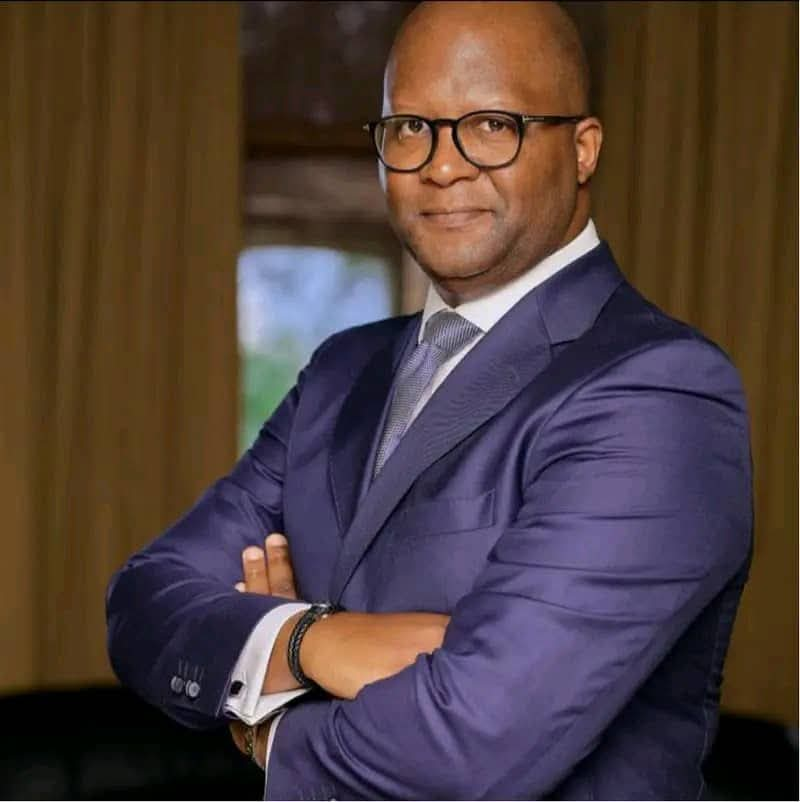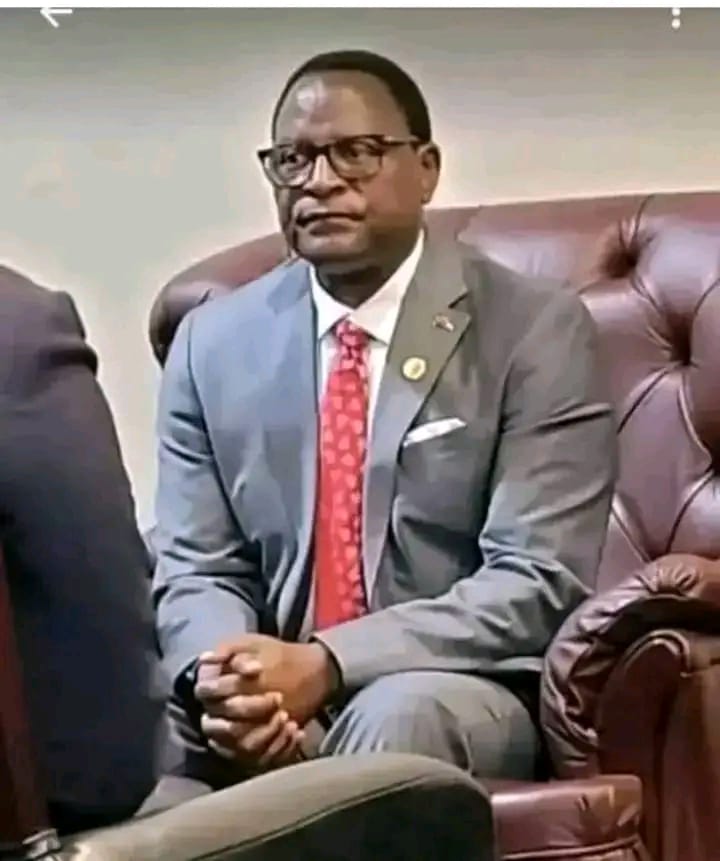By Lawyer George Jivason Kadzipatike
I have seen extracts of a document purported to have been filed by British National Crimes Agency (NCA) in a court in London.
Most of us in Malawi seem to be excited about the revelations made in the document.
I’m, however, doubtful if the document in question, without more, would be beneficial to us in Malawi.
Kondwani Munthali, Onjezani Kenani, Idriss operating as public prosecuting agencies for Malawi; the ones behind circulation of the questionable NCA court document
It is doubtful because from the extracts I have seen, it would appear that the document places reliance on “recordings” done undercover, without the knowledge of the person who was being recorded.
The one who was recording the purported Sattar is not mentioned, but the document mentions names of people in Malawi that the purported Sattar allegedly talked to or about.
This document is a mere piece of evidence that is in the custody of the State in the United Kingdom. To my knowledge, it has not been used in a substantive trial.
Sattar’s lawyers have not yet had a chance to cross-examine the one who was secretly recording him on the content of this document.
The court in the United Kingdom has not established the veracity or truthfulness of the content of the document.
Until substantive trial is concluded and judgment is delivered, the document is not conclusive evidence of what it contains.
As it stands, the document merely forms part of the ALLEGATIONS of grand corruption allegedly committed in Malawi by Mr. Sattar and others. Those allegations have not yet been proven before the Court in England.
The question that is exercising my mind is whether such recordings, if tendered as evidence in Malawian courts, would be admissible.
In the first place, obtaining evidence by eavesdropping on a person is against the right to privacy enshrined under section 21 of the Malawi Constitution.
I do not think evidence obtained elsewhere in a manner that is unconstitutional in Malawi would be accepted by our courts.
I know that the right to privacy in Malawi is limitable but if my memory serves me right, Dr Cassim Chilumpha’s treason case where he was accused of plotting to assassinate Bingu hit a dead end, among other reasons, because of issues of reliability of recordings done in breach of his constitutional right to privacy.
Secondly, if the recordings were to be tendered in the courts in Malawi, the person or persons who did the recordings in the United Kingdom would have to come personally to Malawi to tender such evidence, otherwise such evidence would be thrown out by the courts for being documentary hearsay.
Now when we are circulating these documents from the United Kingdom, we should be more aware that once the Malawians mentioned therein get to sue us for defamation, we would have a shaky defence to that claim on two main grounds:
1) because there is no proof approved by the court of the guilt of those accused.
2) because the document circulating is hearsay in Malawi and not admissible before our courts unless we invite the people from the United Kingdom who did the recordings to tender their recordings in our courts, and that would be a little too expensive to do.




